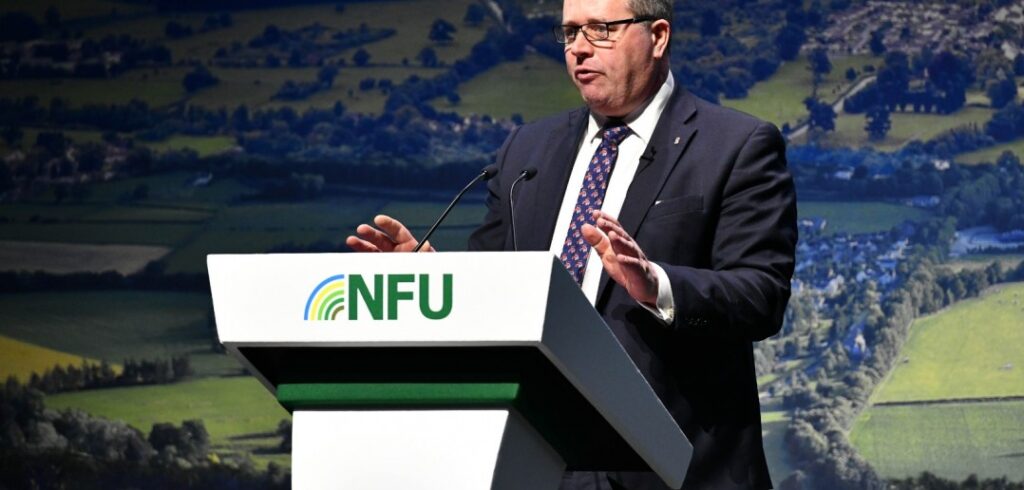Farming Minister Mark Spencer has insisted the Government remains ‘committed’ to delivering effective African swine fever (ASF) border controls.
However, responding to a request from NPA chairman Rob Mutimer to step up the country’s ASF defences, he gave no indication the Government would be stepping up biosecurity checks during the continued absence of formal border checks on meat imports from the EU.
In a letter to Thérèse Coffey in September, Mr Mutimer asked the Defra Secretary to ‘take decisive action to put in place the proper protections at our borders and ensure that the UK’s biosecurity remains a priority for the Government’.
This was after the Government confirmed in August that, for the fifth time, it was delaying the implementation of its Border Target Operating Model (BTOM), which will introduce proper, routine checks on EU imports coming to the UK. The NPA’s letter also referenced new cases of ASF recently confirmed for the first time in wild boar in Sweden and in commercial pigs in northern Italy,
Mr Mutimer wrote: “While the Government awaits the introduction of the Border TOM, we ask that our borders be significantly better protected through more frequent and robust checks at all points of entry, including ports, airports and postal hubs.”
He welcomed measures introduced last September to limit non-commercial imports of pork, but added: “However, the continued delay to checks on goods moving from the EU to Great Britain leaves us exposed to ASF as it continues its relentless spread across Europe.”
Defra response
Responding Mr Spencer said the BTOM describes a risk-based regime applicable to imports from all countries into GB, including the EU.
“The model seeks to balance the imperative to maintain the country’s biosecurity and the need to minimise the burden on businesses from the new import processes. This support will be delivered through simplification and digitisation of systems and processes, and delivery of the UK’s new Single Trade Window, and integration of the technological transformations set out in our 2025 UK Border Strategy.
“The Government remains committed to delivering the most effective border, and the controls regime set out in the BTOM is key to achieving this.”
He insisted that preventing an outbreak of ASF in the UK remains one of the UK’s key biosecurity priorities and highlighted controls restricting the movement of pork and pork products into GB introduced just over a year ago.
Under the rules, travellers are no longer allowed to bring pork or pork products weighing over 2kg into GB, unless they are produced to the EU’s commercial standards, helping to limit the possibility of infected pig meat being brought into GB through various means, such as in passengers’ luggage or in vehicles, he added.
The measure does not apply to commercial imports, which remain unaffected by the control.
“Additional Port Health Authority staff have also been deployed to support Border Force in seizing prohibited pork products that pose a potential risk of introducing ASF to the UK,” he added.
“Health certification will provide assurance that an official veterinarian or plant health inspector in the exporting country has checked the goods and confirmed that they are free of pests or diseases and comply with GB’s import health requirements.
“Prior to the publication of BTOM, the Government had already implemented some controls on SPS imports from the EU which safeguard our biosecurity. The highest risk goods, for example live animals, must have health certificates and are subject to inspection. All regulated SPS goods must be electronically pre-notified before arrival.
He concluded: “The BTOM will introduce a comprehensive controls’ regime, introducing further safeguards, such as physical inspections at Border Control Posts in 2024 and the targeting of checks using sophisticated risking mechanisms and through Trusted Trader schemes.”




